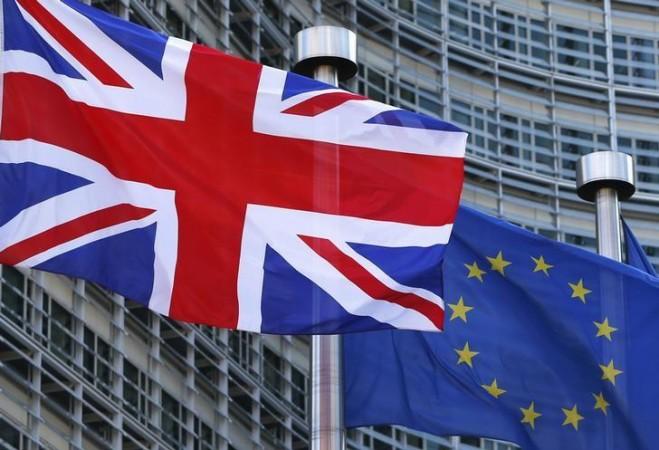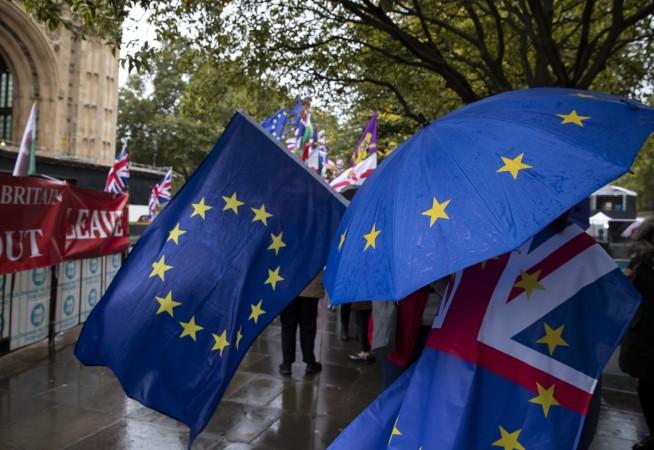Even after the United Kingdom take control of the trade policy after Brexit, it might face huge challenges in external trade talks, warned experts on Wednesday at the UK Trade Policy Observatory (UKTPO) conference. The UKTPO is a partnership between the University of Sussex and the Royal Institute of International Affairs, commonly known as Chatham House.
When the UK is outside the European Union (EU), the country might have declining voice on the trade negotiation table with nations like the US, argued Peter Holmes, trade expert and Fellow of the UKTPO at the University of Sussex.

Aligning British rules with those of the US would create divergences with the EU and inevitably create extra frictions at the UK-EU border, Holmes pointed out in his recent paper on the future of UK-US trade.
Experts' concerns
To transfer the EU law into British law would result in a large body of new legislation for trade in the country, said Emily Lydgate, a senior lecturer in law at the University of Sussex.
Taking food safety as an example, with respect to external trade agreements, such as with the US, she said food safety legislation gives ministers broad discretion to make future changes.
"Is it possible to have unified approach to food safety between devolved nations in trade negotiations?" she raised the question, considering Northern Ireland will likely remain aligned with the EU while Scotland wishes to maintain regulatory alignment with the EU.

Other experts from the University of Cambridge, the Bank of England, and other institutions also expressed their concerns on the unpredictable trade policy and lack of trust in trade talks with the US.
The annual UKTPO conference focused on the legal areas of trade policy this year, bringing together experts from academia, government and business.
The UK is going to the polls on December 12 following a further delay to the country's departure from the EU, to January 31, 2020.
(With inputs from IANS.)
















